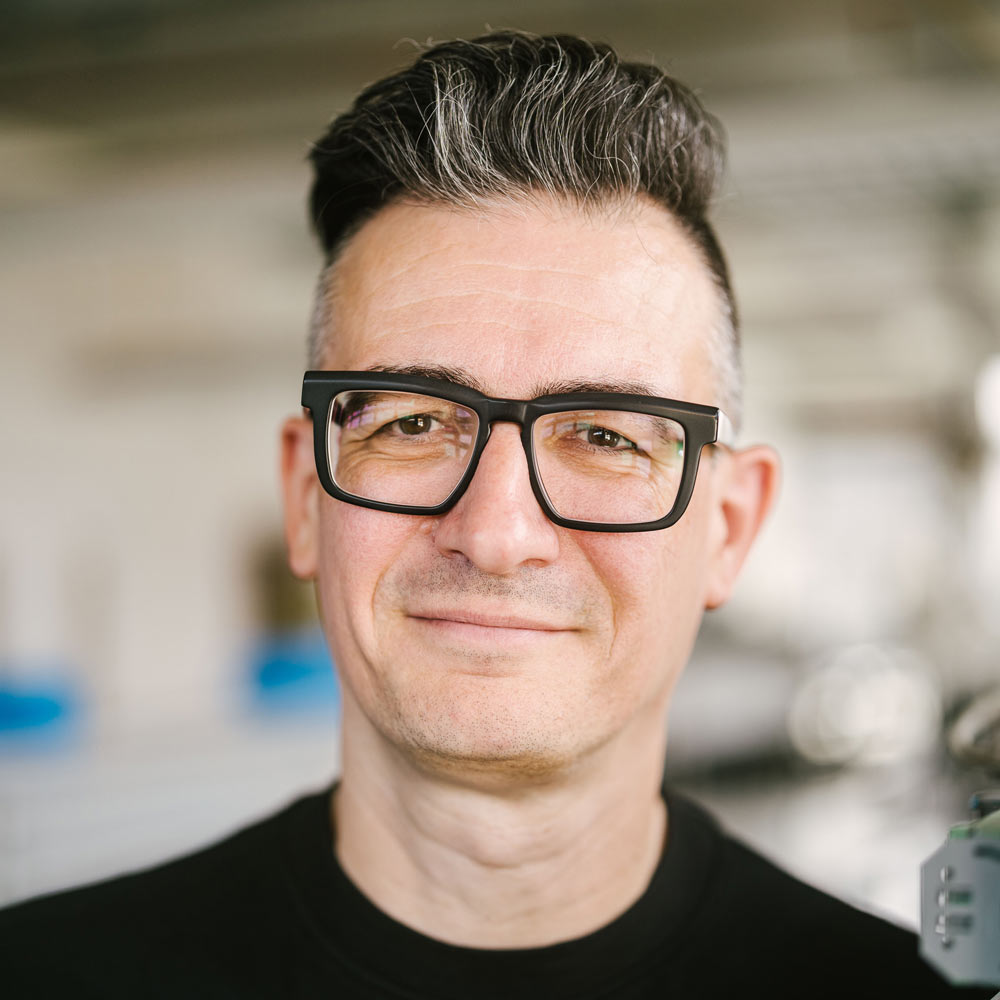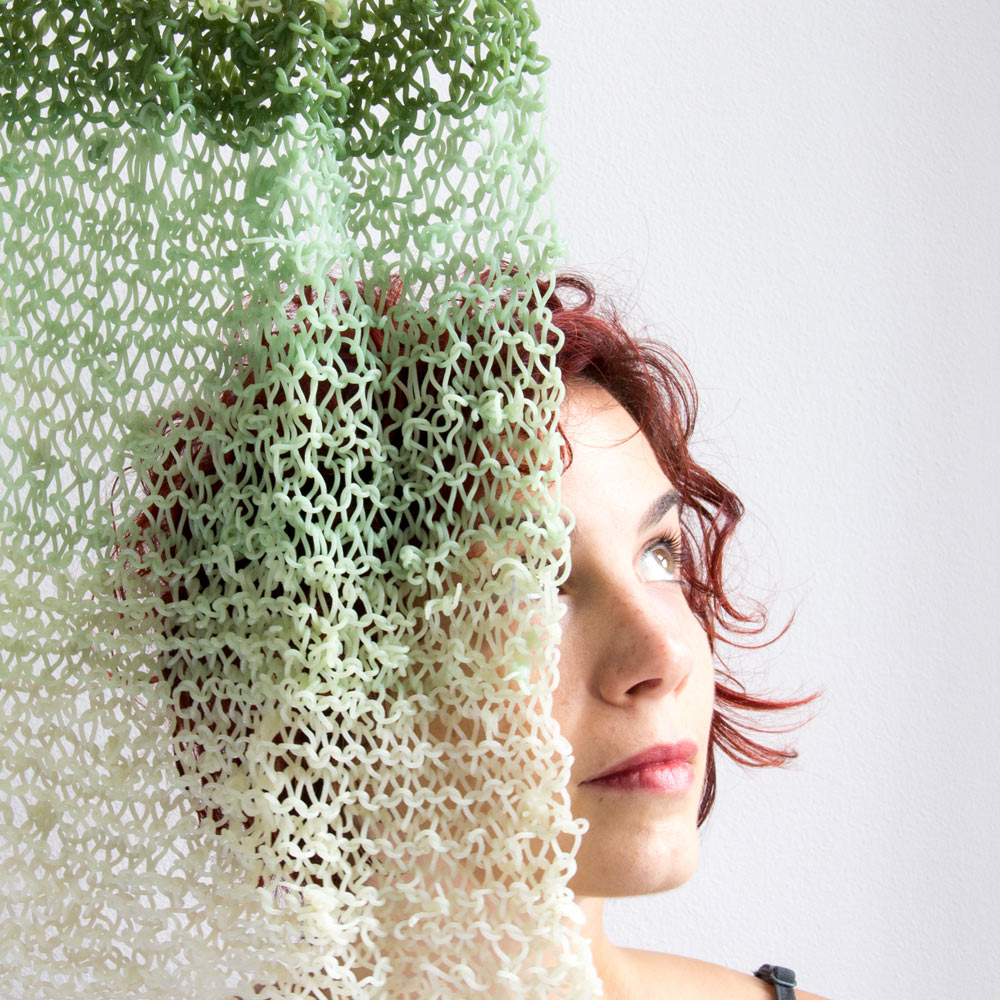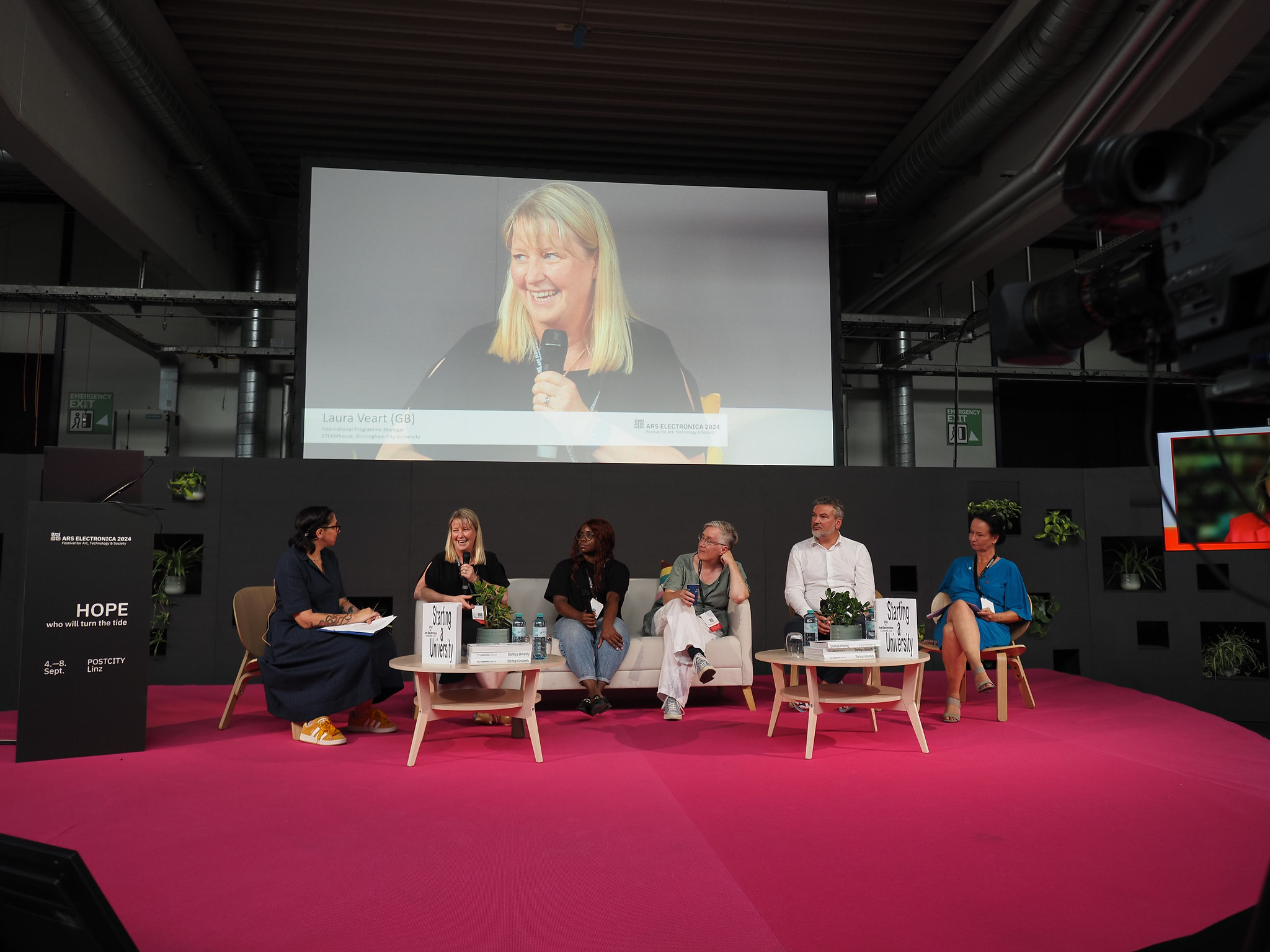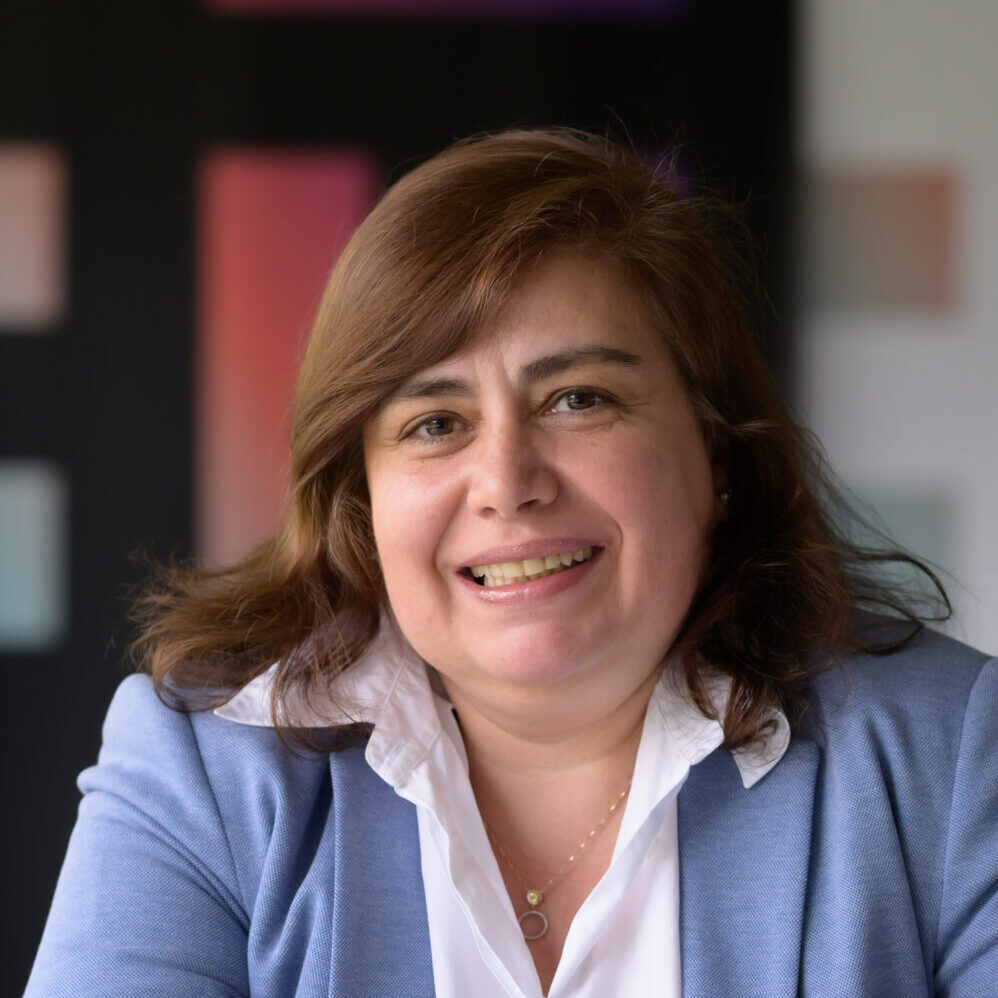In this engaging session, seven distinguished educators from diverse institutions will come together to share their experiences in advancing interdisciplinary practices within higher education. Each speaker will present a unique program or project that exemplifies their commitment to integrating multiple disciplines to address complex societal challenges, including cross-departmental research projects, integrated curricula, or partnerships with external organizations, all designed to bridge traditional academic boundaries. All speakers will delve into the goals they aimed to achieve through their programs and reflect on the learning objectives they set for students, emphasizing the development of critical thinking, problem-solving abilities, and the capacity to work across disciplines. Throughout the presentations, educators will also share key challenges they encountered in implementing these interdisciplinary practices and what developments they plan for the future.

Language: EN
Bios
-
 Photo: Alexander Rentsch
Photo: Alexander RentschAndreas Ingerl
DE
Andreas Ingerl studied Visual Design at the Hochschule für Gestaltung Schwäbisch Gmünd and Media Studies at the University of Tübingen. During the dot-com bubble, he was art director of an IT company and later a research assistant at the TU Ilmenau in the field of media conception/media psychology. He has been teaching for 25 years and has been Professor of Audiovisual Media at the University of Applied Sciences Berlin for 12 years, specialising in Artificial Intelligence and Futurology.
-
 Photo: Julia Dragosits
Photo: Julia DragositsGeorg Russegger
AT
As a trained media artist and researcher with a PhD in media anthropology, Georg Russegger works and operates at the crossroads of open innovation and human-computer interaction. Research and development, responsible innovation and knowledge valorization for academia, society and the economy are key. My endeavor is to open artistic and creative methods of design for outreach, engagement and education with agile impact. Skills transfer, capacity and community building to empower and open up people’s desires to deal with global challenges and work together for a better future fuel my inspiration.
-
Ken Nakagaki
JP/US
Ken Nakagaki is an interaction designer and human-computer interaction researcher from Japan. He is an assistant professor for Computer Science at the University of Chicago, where he directs AxLab (Actuated Experience Lab). His lab invents interactive “actuated” devices, systems and installations that engage people to interact actively and speculatively.
-
 Photo: Laura Veart
Photo: Laura VeartLaura Veart
GB
Laura Veart is a STEAM International Programme Manager leading a portfolio of both international and interdisciplinary projects at STEAMhouse, Birmingham City University’s Award winning innovation center.
She has over 25 years of experience in European policy and project management in the private and higher education sectors. Over the past 10 years at Birmingham City University (BCU), Veart has managed projects, secured funding and partnerships with a focus on innovation and intercultural collaboration in all things STEM and Arts (STEAM).
In particular, she has led on developing links and strategic partnerships in STEAM, enhancing STEAMhouse’s reputation as an international exemplar. In addition, Veart has coordinated BCU’s annual International STEAM Conference alongside managing a number of projects which focus on interdisciplinary practice in Higher Education. -
 Photo: Nikoletta Karastathi
Photo: Nikoletta KarastathiNikoletta Karastathi
GB
Nikoletta Karastathi is an architect, lecturer and PhD candidate at The Bartlett School of Architecture, University College London. With a background in both industry and academia, she has worked in award-winning practices in Newcastle and London and taught in Edinburgh, Newcastle, Bristol and Cardiff. Her research explores the intersection of architecture, textiles, computation and material programmability weaving myth, storytelling and science. Her work has been showcased at events like the London Design Festival, Dutch Design Week, Milan Design Week and the Baltic Centre for Contemporary Arts.
-
 Photo: Qian Ye
Photo: Qian YeQian Ye
CN
Qian Ye ist eine in Singapur lebende Künstlerin und Doktorandin an der National University of Singapore. Qian schloss ihr Studium 2020 als Alumna des Studiengangs Interface Cultures an der Kunstuniversität Linz ab. Ihre Forschung konzentriert sich auf tangible Interaktion und Physical Computing, insbesondere auf die Gestaltung hybrider Schnittstellen im Bereich der Mensch-Computer-Interaktion. Als Künstlerin und Designerin wurden ihre Arbeiten in Ausstellungen wie dem Ars Electronica Festival, dem Victoria and Albert Museum in London und dem National Museum of China gezeigt.


